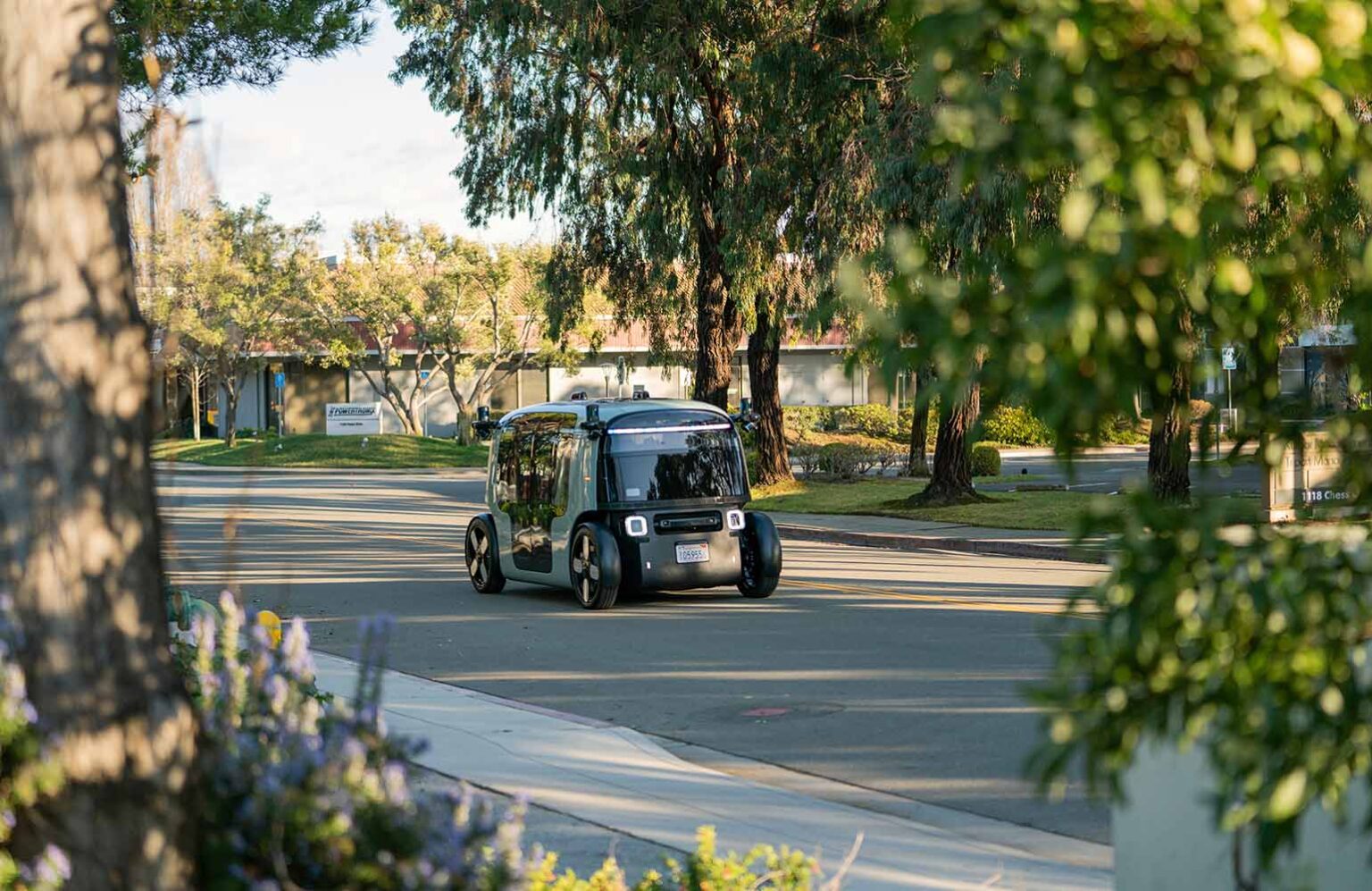Unlocking the full potential of autonomous vehicles (AVs) requires comprehensive federal policies that foster innovation, safety, and economic growth. The Autonomous Vehicle Industry Association (AVIA) has taken a proactive step by unveiling a set of policy recommendations aimed at Congress and the US Department of Transportation (USDOT) to propel the adoption and deployment of AV technology across the nation.
AVIA's policy framework encompasses various modes of AVs, including delivery vehicles, trucks, and passenger cars, with a focus on safety, mobility, and economic opportunities for all Americans. These recommendations are designed to establish a clear federal framework, support innovation, and address regulatory challenges to expedite the integration of AVs into the transportation ecosystem.
The proposed federal legislation advocated by AVIA includes provisions to:
- Foster US innovation in AV technology by establishing a clear federal framework
- Encompass all vehicle types, including zero-occupancy delivery vehicles, trucks, and passenger cars
- Reform and expand the vehicle exemption process to facilitate AV testing and evaluation
- Direct the National Highway Traffic Safety Administration (NHTSA) to complete Federal Motor Vehicle Safety Standards (FMVSS) rulemaking
- Preserve the federal role in regulating motor vehicles and interstate motor carrier activity
- Expand access to mobility by not requiring a driver's license for AV passengers
- Protect confidential information and study the economic, accessibility, and equity implications of AV adoption
- Encourage the development of the AV industry workforce to meet future demands
Jeff Farrah, Executive Director of AVIA, emphasizes the urgency of solidifying the US leadership in AV technology to capitalize on the safety, mobility, and economic benefits they offer. With AVs already being tested and operated in various states, AVIA's policy recommendations aim to position the US as a global leader in AV innovation and deployment.
In addition to legislative initiatives, AVIA calls upon USDOT to update regulations, accelerate the integration of autonomous driving systems (ADS) in commercial vehicles, and promote AV safety through technical standards and research. By actively engaging with international stakeholders, USDOT can ensure that US companies maintain access to foreign markets and stay competitive in the rapidly evolving AV landscape.
The AVIA's members, comprising leading AV companies worldwide, are committed to realizing the safety and societal benefits of autonomous vehicles. Through collaboration with policymakers, regulators, and the public, AVIA aims to drive forward the adoption of AV technology while ensuring rigorous safety standards and regulatory compliance.
As the AV industry continues to evolve, federal guidelines and regulations play a crucial role in facilitating innovation and ensuring public safety. While federal regulations for AVs are currently absent, industry leaders like AVIA are spearheading efforts to establish a robust regulatory framework that fosters innovation and enhances the accessibility and safety of autonomous transportation.


















